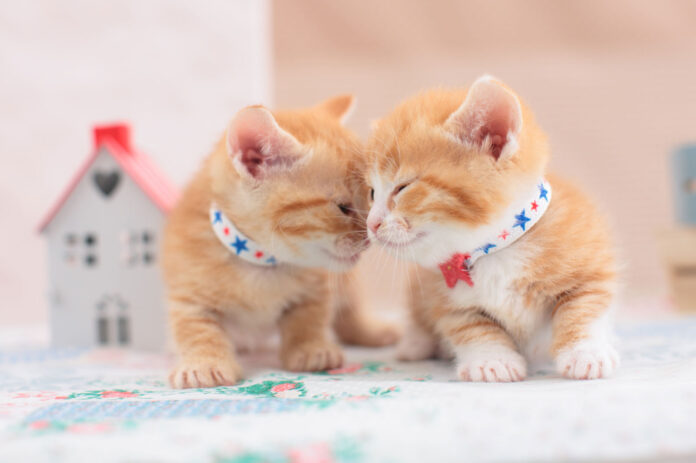The Munchkin is a cat that was born with dwarfism, a genetic condition that causes its legs to be shorter than normal. The Munchkin cat can live an average lifespan and they are very social animals who love attention from their owners. While it’s not uncommon for cats to be left alone in the house every once in a while, there are some breeds of cats that are more prone to health issues when left unsupervised for extended periods of time.
Munchkins are a unique breed of cat with a number of special characteristics. They were first bred in the 1980s and were initially rejected by the Cat Fanciers’ Association because they believed that the Munchkin’s odd gait would lead to arthritis. However, studies have shown that their unusual appearance does not affect their mobility or lifespan, so they can still be healthy pets today!
Is it safe to leave a munchkin cat alone?
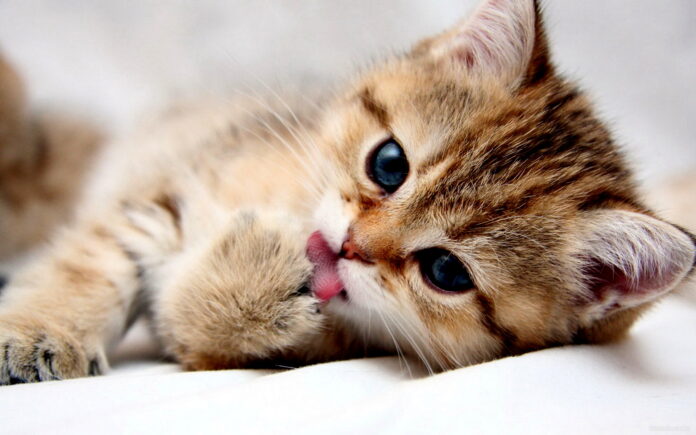
If you’re wondering whether or not it’s safe to leave a munchkin cat alone, the answer is yes. Munchkins are very social and, as long as they stay in good health and have plenty of attention from their owners, they can be left alone for short periods of time.
However, if your munchkin is sad all of a sudden and seems withdrawn from family members or other pets then it may be suffering from something serious such as depression. If this happens there is no need to panic as there are ways in which we can help these cats out of their funk with the right amount of love and care!
Munchkin cat breeders recommend that you keep your munchkin cat indoors to protect it from diseases and other dangers of the outdoors, such as traffic accidents or predators, who might harm it. Keeping your munchkin cat indoors also means it won’t run away from home and become lost in unfamiliar surroundings where no one can find it or take care of its needs properly.
What breed of cats are prone to health issues
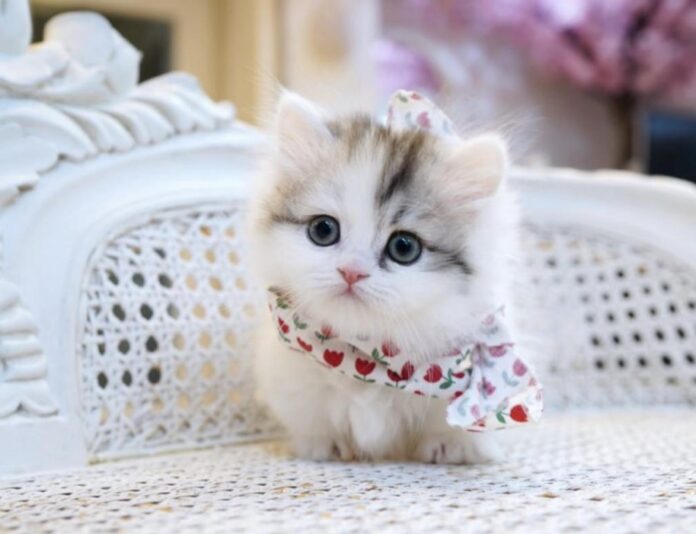
Munchkin cats are prone to certain health issues, due to their unusual shape. While these kittens are adorable and one of a kind, they can’t be left alone for long periods of time.
Lung issues
Munchkin cats have very short legs that may cause them to have trouble breathing when placed in stressful situations or environments. This can lead to respiratory problems like pneumonia and asthma.
Heart problems
Because munchkin cats were bred with such short bodies and legs, they don’t get the exercise they need which can lead to heart disease later on in life.
Eye problems
In addition to their short stature, munchkins also have shorter eyes as well as shorter eyelashes than other breeds of cat which puts them at risk for eye infections if not cared for properly (make sure you’re cleaning those eyes daily!).
Also, note that because there is less space between their eyes and nose region compared with other breeds of cat there might be an increased risk for developing inflammation around these areas if exposed too long without cleaning regularly!
You can’t take for granted that your cat will get along with another cat so don’t leave them alone together until you are sure they will be safe.
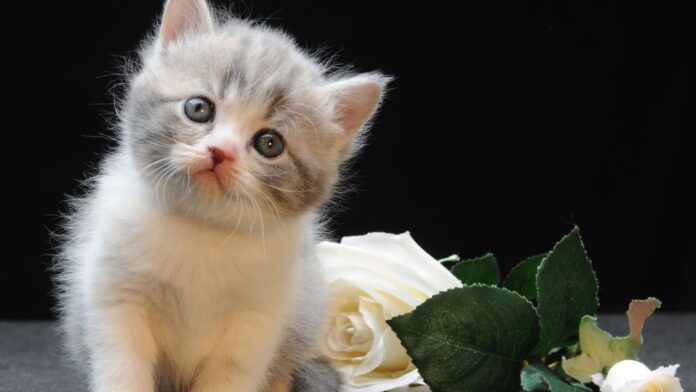
Munchkins are friendly and sociable cats, so it is common for them to get along well with other pets in the household, including dogs and rabbits. They are also known to get along with children.
Do not leave a munchkin in the care of someone who has never looked after a munchkin before without spending some time supporting them first.
Munchkins are very friendly, sociable cats and will love spending time with their owners. They also get along very well with children. If you have young children in your family then a munchkin may be the perfect match for you as they are known to get on well with children.
Don’t train it to depend on you 100% so that if something should happen to you its whole world falls apart.
You need to take care not to train your cat to depend on you 100% so that if something should happen to you its whole world falls apart. They are very independent creatures, and they will cope if you are away from home for a few hours and can be left alone for a day or two without any problem at all. They won’t suffer from anxiety, as long as they have enough food and water available and somewhere comfortable to curl up in.
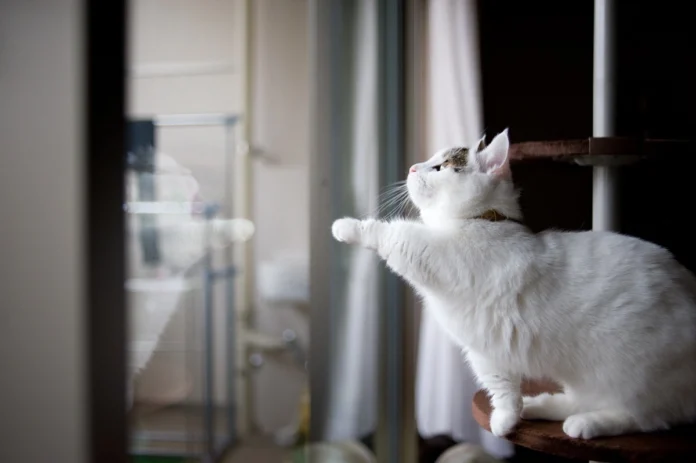
Munchkins do need companionship especially when their humans are out of the house but they can usually cope better than most cats if they are left on their own for the day or overnight.
Munchkins are the most friendly and outgoing of the teacup breeds. They love people, attention, and playtime. They can be trained to use a litter box and will probably take to it quickly if you show them where it is.
Munchkins have been known to live happily in homes where they are left alone for most of each day or night. The key is for owners who work outside of the home to make sure their cat has plenty of toys, food, and water available at all times so that no one gets lonely or hungry while they’re out working long hours on a project or errand run.
Should your Munchkin get lonely when you aren’t around? Try keeping another companion animal as a company — a dog would be ideal if you don’t already have one! If there’s no way around it (and sometimes there isn’t), consider hiring someone reliable who can check on your home periodically throughout the day while you’re gone ─ whether that means stopping by every five minutes or just doing an initial sweep-through before heading out again so everything looks tidy & welcoming when he arrives later during his shift today.
Conclusion
Munchkins are very sociable cats and they love their owners. They also have a strong bond with them so they can be left alone without much worry. However, it is not recommended to leave them alone together until you are sure that they will be safe.

